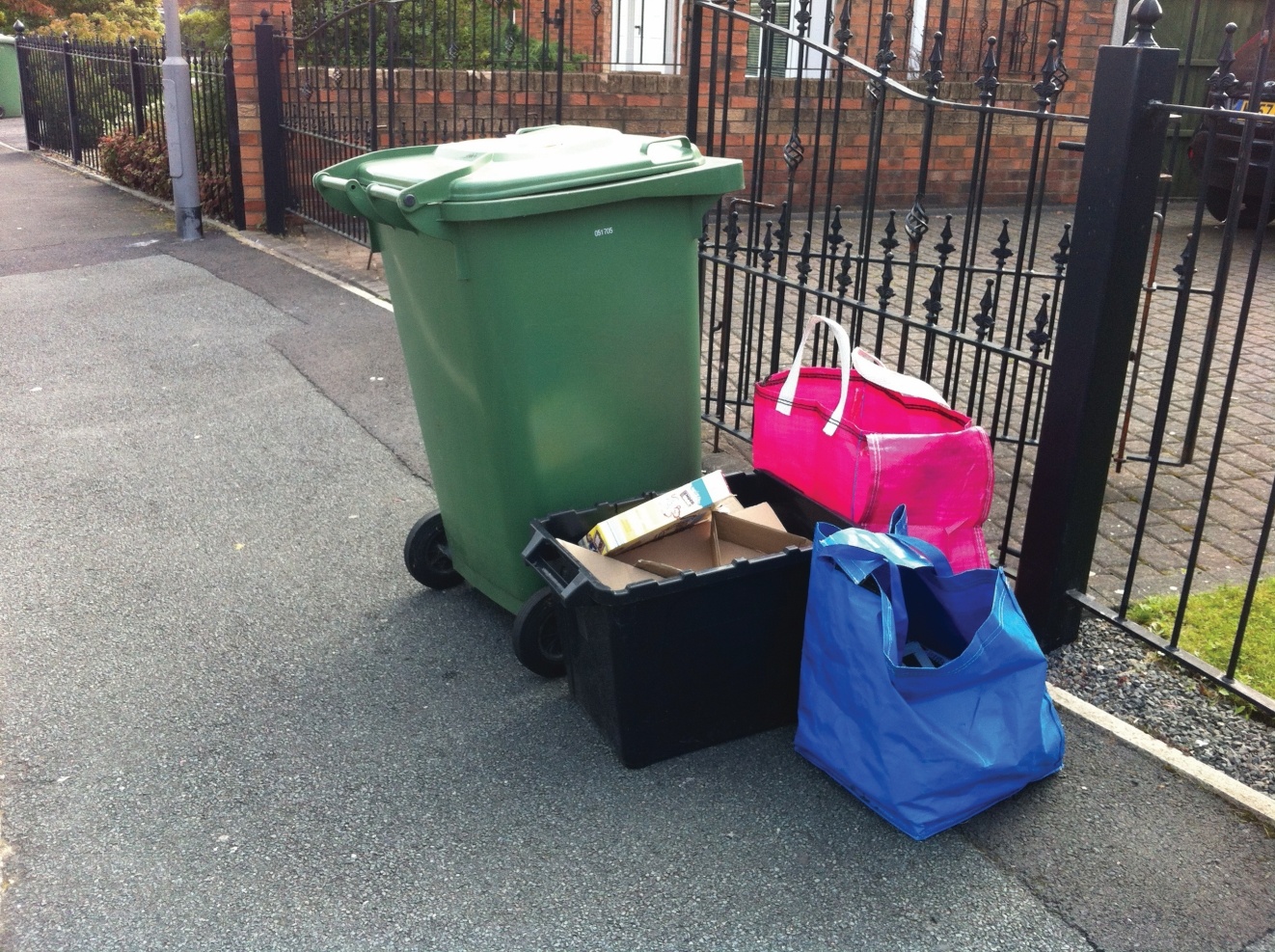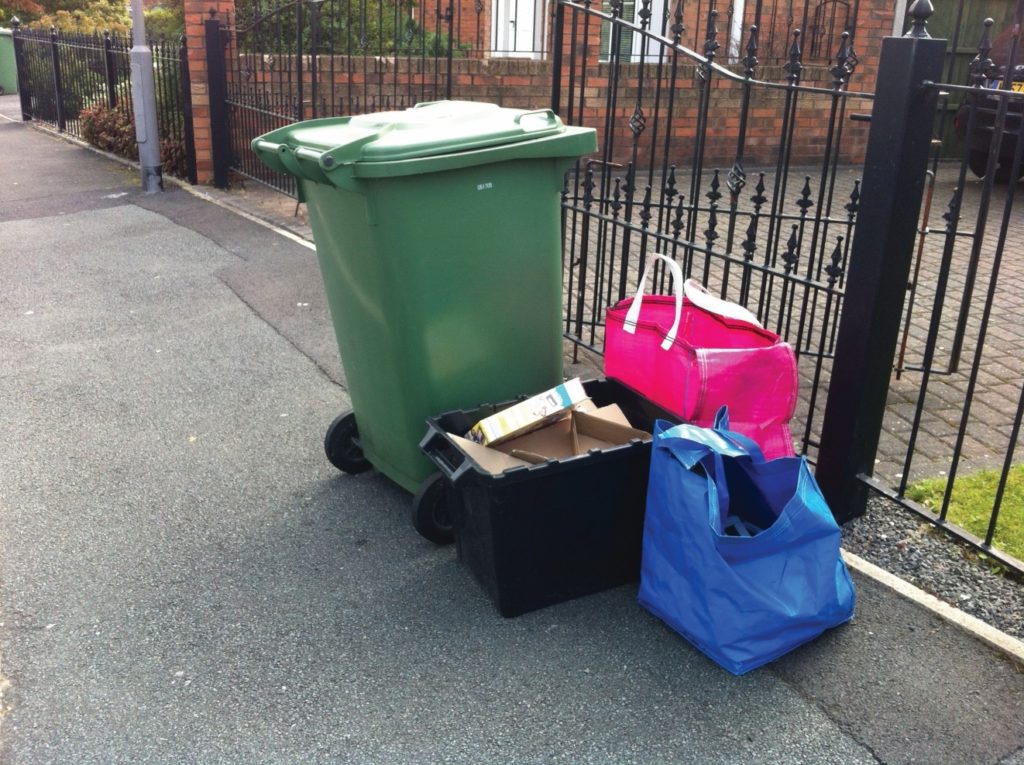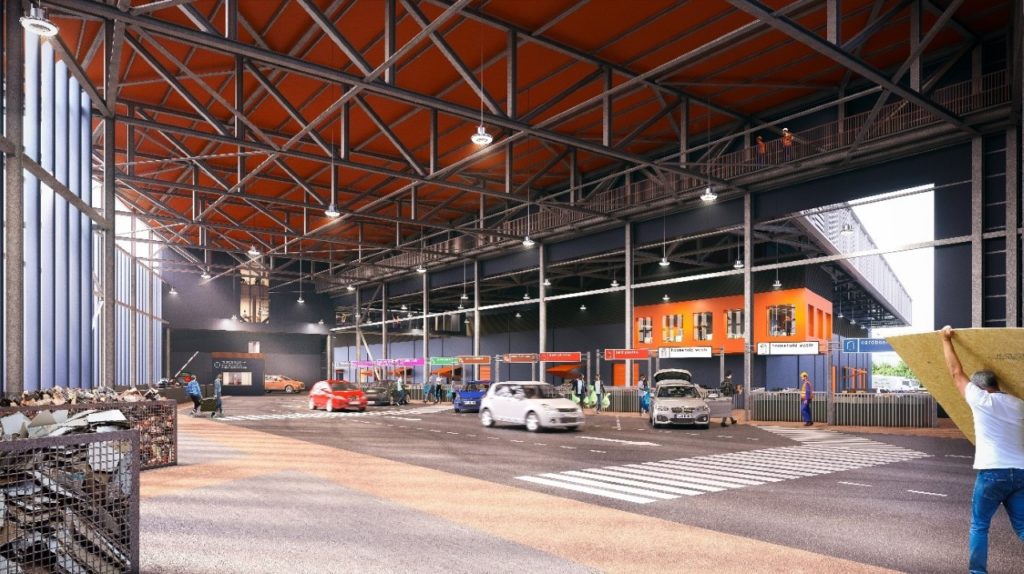The Department for Environment, Food and Rural Affairs (Defra) wants local authorities to collect recyclable waste streams separately from each other and residual waste, claiming this results in “higher quality” and higher prices on secondary materials markets.

Where it was not “practicable” to collect each recyclable stream separately, local authorities would need to justify the use of a twin-stream collection approach or, as a last resort, a commingled collection service.
The proposals form just one element of Defra’s consultation on consistency in recycling collections, which closed to responses yesterday (4 July) (see letsrecycle.com story).
Response
LARAC, the organisation representing local authority recycling officers and those working in similar or related posts, made its response public today.
The local authority organisation said quality materials were currently being provided by all three types of collection system. It added that it supported systems designed for “local circumstances” and that delivered materials to available end markets.
LARAC claimed there were “numerous examples” of fibres being collected with one or more other materials that were of a suitable quality and supplied end markets with no issues.
The local authority organisation questioned the need to increase collection costs “substantially” across the country.
Garden waste
LARAC also expressed its opposition to the introduction of mandatory free garden waste collections. It said its members “strongly believed” charging for garden waste services would still contribute to a 65% recycling rate.
Lee Marshall, LARAC’s chief executive, discusses its consultation response with letsrecycle.com’s James Langley
Broad support
However, the local authority organisation offered “broad support” for many of the other proposals contained within the government’s consultation, such as the introduction of food waste collections.
Carole Taylor, LARAC chair, said: “Through our surveys and workshops there was a very strong message from our members that nationwide free garden waste was a backwards step.
“Our members told us that garden waste is not going in the residual bin and that they are achieving good returns through charged for systems.
“By allowing charges, it frees up central funding to support other aspects of the collection system. Food waste collections are one area where that funding could be used, with local authorities supportive of fully funded food waste collections.”
Plastic film
In its response, LARAC reiterated concerns that the proposal for all councils to collect plastic film by 2027 was “unrealistic”, given the lack of sorting facilities and end markets.
The local authority organisation said it had spoken to waste management companies who were “very clear” that existing UK material recycling facilities (MRFs) could not sort films or flexible plastics.
Frequency
LARAC members are also said to want to be able to choose how frequently the make residual collections, to drive efficiencies and increase recycling rates. LARAC does not support statutory guidance that states local authorities cannot collect residual waste less frequently than fortnightly.
LARAC would like to see all micro-firms required to present waste streams for recycling from the ‘go live’ date in 2023/24.









Subscribe for free